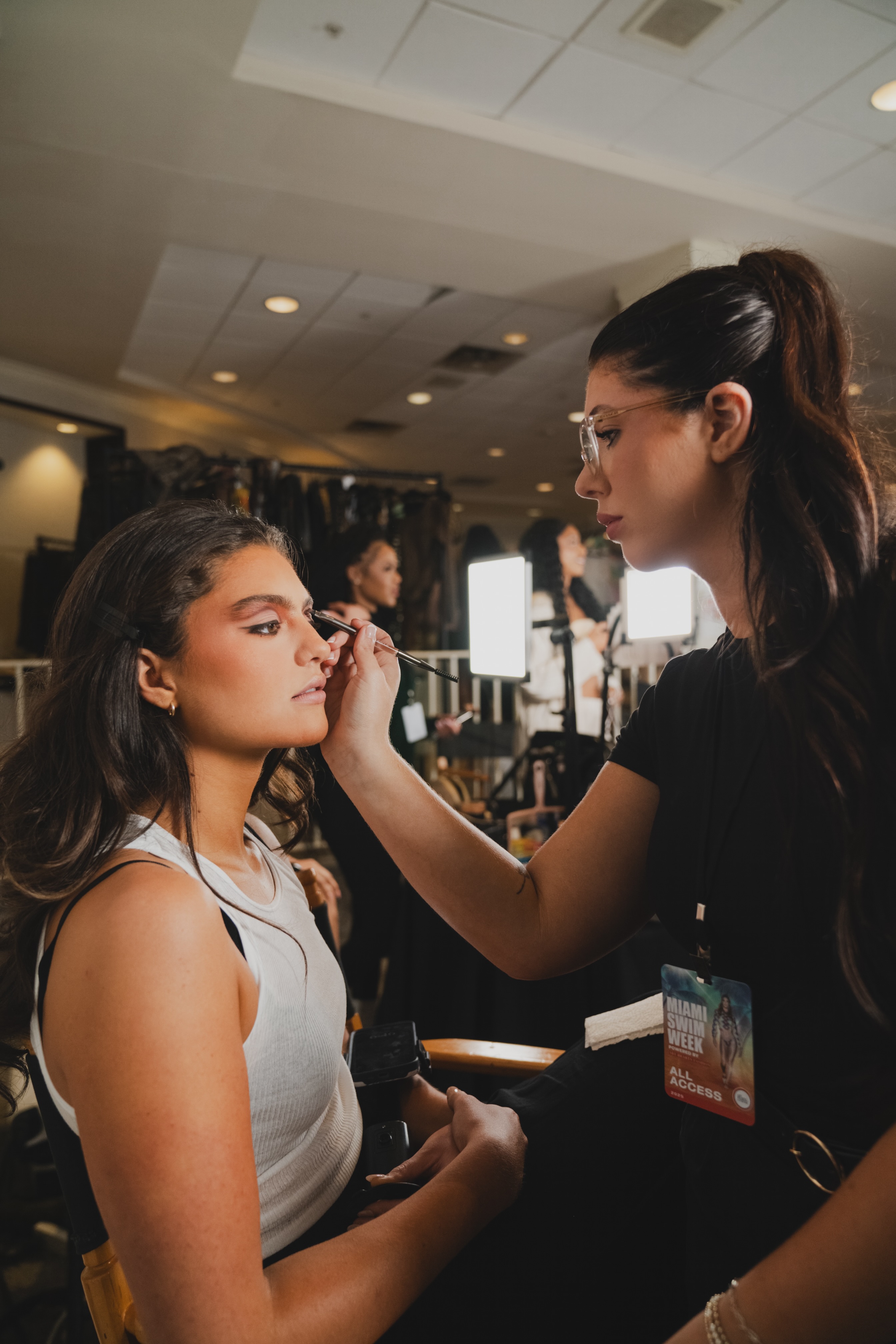Pawn shop business remains hot regardless of economic climate
Published 5:38 pm Saturday, June 27, 2009
THOMASVILLE — Quick: What’s the most bizarre item ever pawned in Thomasville? David Hufstetler, laughing, wondered if it was that horse he accepted five or six years ago. Or, well, perhaps the set of dentures pawned by an elderly man who pulled it out, quickly accepted $300 and still left the store smiling, toothless.
Whatever it is, Hufstetler, owner of American Pawn on Jackson Street, mentioned the horse to emphasize that, once upon a time, the business that he started in 1992 used to offer quick cash for almost anything of value.
Hufstetler chuckled, shook his head and recalled loaning only a few hundred bucks for a horse any buckaroo would surely love. He figured it was a great deal – until he realized he forgot to consider the expensive boarding costs to keep the animal alive.
These days, he said, his business rule is quite simple: He will accept anything of value “as long as it doesn’t have to be fed.”
Good economy, bad economy, dour economy, everything is all the same for Hufstetler. But he prefers a climate where people are not imprisoned by temporary cash-flow problems. It’s a profitable business when customers do not default on their loans.
Hufstetler, during a lengthy interview at his office, sought to debunk the public’s misconception about pawn shops. His customers are all over the economic ladder, he said. He offers loans from as little as $10 to as much as tens of thousands of dollars.
There’s a degree of confidentiality, he said, but one would be surprised about the financial wherewithal of some of his customers in Thomasville. Some residents have brought in Harley-Davidsons, expensive boats and there was even one who dangled his Rolls Royce for a quick loan. “We’ve got customers that are considered to be very wealthy,” Hufstetler said.
In general, Hufstetler said, most of the pawned items were the traditional jewelries and the usual playthings that are discarded by their owners during a recession. Visit the store and you’ll see golf clubs, guitars, iPods, electronic keyboards, large-screen televisions, fishing rods, boxes of tools. There’s a Rolex Yacht Master, a diamond solitaire valued at $5,000, digital cameras … and the list goes on.
There are no accurate figures on the number of pawn shops operating in the Georgia since they are licensed by local municipalities, not by a state agency. But officials of pawn associations estimate there are more than 800 in the Peach State. In Thomasville alone, there are at least three “traditional” pawn shops.
At American Pawn, guns and jewelry are the hottest sellers nowadays. Hufstetler said his Thomasville store is the biggest retailer of firearms in Thomas County, selling 400 to 500 annually. The store displays about 800 to 1,000 firearms, including more than 400 rifles and shotguns. Their typical customers are hunters, sports shooters and folks interested in home defense.
The store sells almost every brand, every size. They have many “Saturday Night Specials” — pocket-size pistols that make others wonder if they are sufficient to make rats tremble in fear. But they also have a Barrett M82A1 .50-caliber that would surely scare off even scarecrows. It’s a rifle that easily defeats all levels of body armors and cuts through steel plates. The price tag: $11,500.
Rifle is too much for you? Check out their small-caliber handguns on display. A customer, for example, pointed at the compact-size Taurus 9mm at the display shelf. It was selling for $379. It’s pink. The customer, a local martial arts expert, giggled as he imagined a would-be robber’s reaction after seeing the brightly colored gun. He said he would tell the bad guy; “Yeah, it’s a pink gun. Now, do you feel lucky? Well, do ya, punk?”
Bad guys beware. Hufstetler said that pawn shops are not dumping grounds for stolen items. Despite their somewhat shady reputations in decades past, which Hefstetler describes as “just slightly higher than that of criminal attorneys,” today’s pawn shops cooperate with law enforcement, often sending out weekly reports of pawned items.
Hustetler estimates that only less than one percent of items taken to pawnshops turn out to be stolen. Customers are required to provide a government-issued ID. They also have to sign paperwork. It’s a virtual confession for thieves, he said.
Hufstetler said majority of the American public have a preconceived notion about pawn shops. “We’ve been known as the second oldest profession,” Hufstetler said, “and you know what the first one is.” He didn’t mention the culturally ubiquitous job practiced by women who played the piano in a house of ill repute.
If his employees believe that the item is stolen, Hufstetler said, they will immediately inform police. For example, he said, without providing more details, some men recently attempted to pawn platinum wires at his store in Moultrie. Employees became suspicious and called local authorities, who then determined the expensive wires were stolen in Thomas County.
With banks tightening lending rules, short-term loans from businesses like American Pawn offer an attractive alternative for Americans scraping through financial difficulties. But if you’ve never dealt with a pawn shop, here’s a primer: You go to American Pawn with, say, a vintage Yamaha guitar. Jonathon Gandy, the store manager, will offer you a loan based on how much he thinks he can resell the guitar in the store or on eBay. It’s Gandy’s job to quickly decide: What’s the likelihood that a musician or a collector will buy it if you grab the money and run?
If Gandy offers you $100, you would typically have to pay around $120 to get the guitar back, depending on the interest rate you’ve agreed upon. Georgia law prohibits pawn shops from charging more than 25 percent interest for the first three months. There are no accurate figures, but many shop owners around the country estimate that about 50 to 75 percent of their customers do not reclaim their merchandise.
You have 30 days to get your item back, but Georgia law allows an additional 10-day grace period. Hufstetler, who also owns pawn shops in Bainbridge, Cairo, Moultrie and Americus, emphasizes the importance of repeat business. His store policy, he said, is to hold the item for 60 days before offering it for sale to recoup his costs. The longer grace period lends itself to repeat business. “They’re happy, we’re happy,” Hufstetler said.
Loan amounts for firearms would vary, depending on the brand, model and condition. If you bring in a mint-condition Glock 17 pistol, for example, Gandy said he could offer a loan of up to $300 for a gun that usually retails for more $500. Gandy said he’s always aiming for satisfied customers, recalling that a dentist in Albany recently bought from American Pawn an engagement ring for $13,000. It typically would cost around $20,000 in upscale stores, he said.
Despite the presence of many firearms, which are all locked and unloaded, American Pawn seems family friendly. Employees are trained to properly handle and secure firearms and the store is equipped with modern surveillance system.
There are many repeat customers like Linda Hardey, 40, who came accompanied by six kids, including her 2-year-old granddaughter. “My son gets good deals on games,” she said. “We just purchased a portable CD player and we’re getting a Playstation.”
Hufstetler proudly talks about his workers being very trustworthy and easy to deal with. That friendly demeanor came in handy when an elderly woman, cuddling a Yorkshire Terrier, approached Gandy, the store manager.
“Jonathon, I have two antique shotguns,” she said. “Do you think you can do anything with those?” She got a nod and a smile.
The woman drove home and quickly came back with two shotguns, a single-barrel and a double-barrel. They were unloaded. Gandy took a quick look, talked about the potential resale value of each gun and quickly offered a total loan amount. The customer, who said her late husband was a gun collector, seemed satisfied with the deal. “That would work,” she said, smiling.
The woman filled up the required paperwork and was out of the store, cash in hand, in just a few minutes.
Roni Toldanes is the news editor of the Times-Enterprise.





